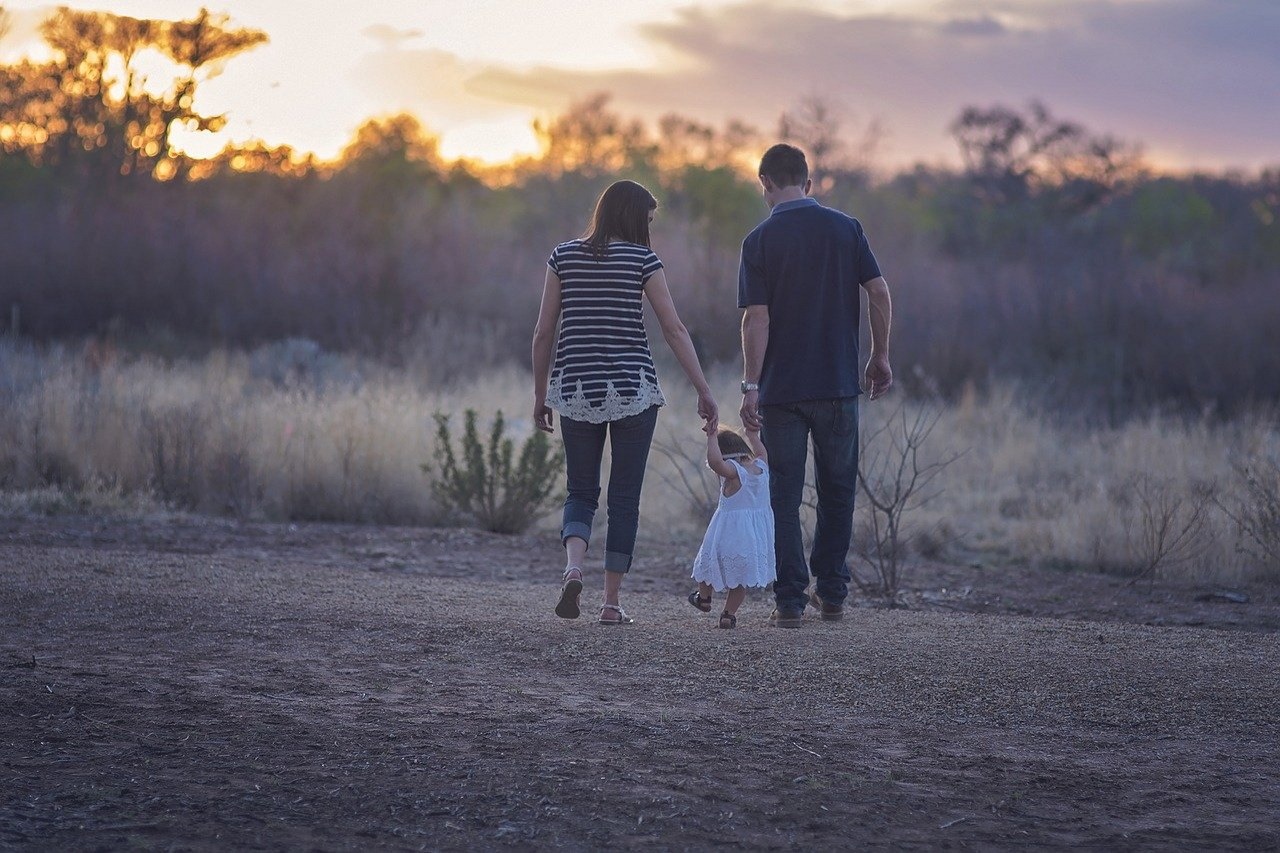Genesis 18: 20-32; Psalm 138; Colossians 2: 12-14 (RM) or 6-15 (RCL); Luke 11: 1-13.
The child was horrified. “Also such a beast!”
One of my theology professors told this true story to illustrate what could happen when a religious educator of young children, perhaps a catechist or a Sunday School teacher, naïvely tells children that God is a Father, not knowing what a child’s own experience of their father might be like. (The quote sounds a bit awkward because the prof was translating from Flemish.)
Even apart from the father metaphor, the comparison could fall flat if a person had not grown up with healthy, supportive parenting. Think of Indigenous children in residential schools deprived not only of parenting but of their culture and language. Children with alcoholic, abusive, troubled or absent parents. Children without parent substitutes to help fill the gap. Children with no one to love them.
One wonders whether this helps explain why Jesus gave several examples of healthy, responsive parenting. It was as if he had to clarify that a loving parent would listen attentively to a child’s request, especially if it were persistent.
Many readers of this Reflection are already aware that Jesus spoke an ancient language called Aramaic, closely related to ancient Syriac. What he would have said here is not Abba, not Father. It was Abwoon, a word referring to a nurturing parental figure that is not gender-specific. What Jesus would have said is more like “Loving Parent.” (Some years ago I confirmed this with a friend, an academic specialist in ancient Syriac. I asked him whether Abwoon was sex-specific. He shifted from one side to the other, hemmed and hawed a bit, and finally conceded that yes, Abwoon does not mean specifically a male parent.)
Luke’s version of Jesus’ prayer-model leaves out several elements in Matthew’s, such as “Your will be done.” Luke’s simpler model starts with two prayers that honour the Holy One, and follows with three that address human need. The use of the plural shows that these three were composed with a community in mind, not an individual on their own. Luke speaks of “daily” bread as if to help us remind ourselves how dependent we are on the beneficence of the creation around us, and that we can never afford to take food, good weather, or any other necessity of life for granted. Forgiving sins or debts (different words in Greek but not in Aramaic) reminds us of the necessity to make justice, to build justice, to right wrongs, to forgive debts, not just once but as a perpetual repair of the earth and the relationships of its inhabitants. And finally, the community prays for strength to persist in hard times, to be saved “in” (not “from”) the time of trial.
Here is where this prayer-model opens out into a recognition of the organic interdependence of all living things on this planet, the only planet we know (…so far…) The living biosphere provides what we most need, and requires in turn our willingness not to poison it, damage it or allow a few people to hog the riches meant to be shared by all. All is gift. All material necessities, all time, all living relationships – all is gift.
And this in turn opens out the prayer beyond a superficially simplistic list of requests addressed to an omnipotent alpha-male in the sky. More than merely a prayer of supplication, the prayer shifts shape into a holy breath.
Regarding prayer as a form of supplication, my favourite expression comes from a world-famous, highly-regarded and now quite elderly British philosopher:
You can’t always get what you want.
You can’t always get what you want.
You can’t always get what you want.
But if you try sometimes, you just might find
You get what you need.
© Susan K. Roll
Susan Roll retired from the Faculty of Theology at Saint Paul University, Ottawa, in 2018, where she served as Director of the Sophia Research Centre. Her research and publications are centred in the fields of liturgy, sacraments, and feminist theology. She holds a Ph.D. from the Catholic University of Leuven (Louvain), Belgium, and has been involved with international academic societies in liturgy and theology, as well as university chaplaincy, Indigenous ministry and church reform projects.





The Rolling Stones tune played in my head all weekend! Thanks, Susan, for your reflection on Jesus’ prayer-model emerging from the standpoint of community and on behalf of all living things. “Forgiving sins… the necessity to make justice… not just once but as a perpetual repair of earth and… relationships…” are words staying with me this week, particularly as the papal visit unfolds.
Thank you for helping me understand this prayer in ecological terms, with justice as “a perpetual repair of the earth and the relationships of its inhabitants”. A life-time practice.
Many thanks, Susan. I have a friend whose personalized license plate on her car is “Abwoon!” Your pulling us beyond gender-specific metaphors for Ultimate Reality is very helpful; it makes Godde very large and cosmic for me, and yet this God treats me, us, in deeply personal ways.